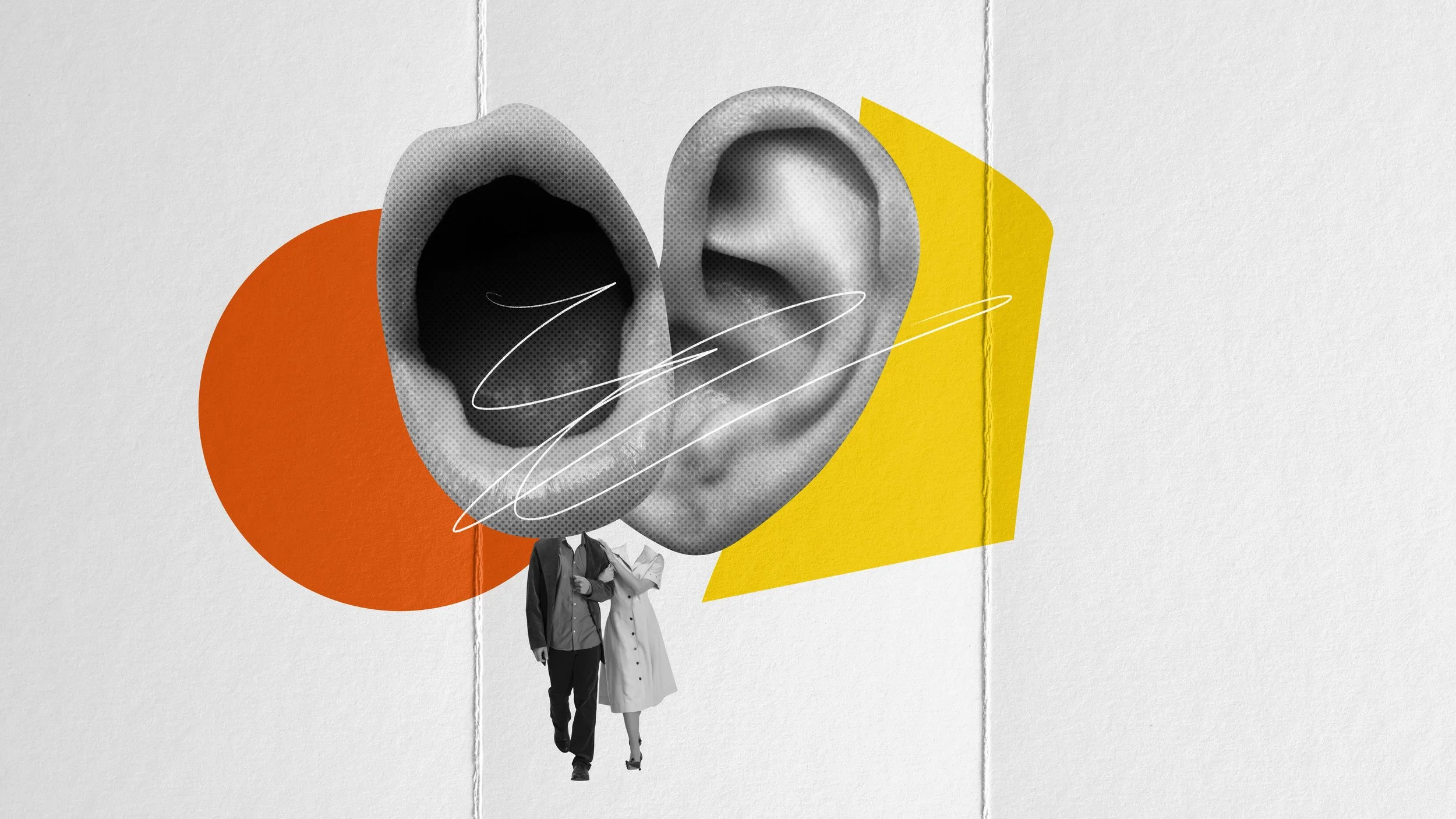Popular Nutrition Myths Debunked
What’s best for a 40-year-old body? We separate fitness facts from the fattening and fictitious.
Don’t believe everything your hear about nutrition.
THE BRIEF
Time to read: 2 minutes 40 seconds
Time to action: 1 minutes - practically nothing
Mantra: Fact and fiction carry the same weight in the marketplace of ideas. Fortunately, reality has no advertising budget.
Main message: No false news, just the freedom of nutrition act
Stat: Less than 60% of web traffic is human*
So you're in your 40s. Does that mean you’re too old to believe in fairy tales? As Christmas approaches we asked our newsletter subscribers: ‘What do you believe in?’.
Some of you believe Michael Jordan can fly. He can certainly touch the sky. Some of you believe in a thing called love. Some of you, it turns out, are Lost Boys who simply still believe. We were trying to ask you about your everyday food fairytales. Those little nutritional tropes that you’ve been told, but no one can validate.
As this is the season of goodwill and giving, we asked our in-house nutritionists to separate facts from the fiction.
MYTHS TO MOVE AWAY FROM
Foods that you’ve been told are unhealthy that perhaps, in fact, are not:
‘Calories are just calories’ Y/N
Nooo! Where they come from, it matters. Different foods follow different metabolic pathways, impacting hunger, hormones, and the brain differently, and some of these effects aren't related to their calorie content. Soft drinks offer around 130 calories - the same as 2 poached eggs. Of course, the soft drink is filled with sugar, increasing your blood sugar levels and creating a pathway to potential fat storage instead of fuel burning. Make a ‘quality of food (QOF)’ choice rather than calorie counting.
‘Saturated fat - is it always bad for you?’ Y/N
Recent studies debunked the ‘presumed’ relationship between sat-fat and cardiovascular disease. In reality, certain forms of saturated fat (particularly those present in meat and dairy), can help with potential health benefits. Yes, sat-fat can be part of a healthy diet, if consumed moderately.
‘Low-carbs - still unhealthy?’ Y/N
A low-carb diet can boost fat loss and reduce substantial health risks. It's called a ‘Dependable Trend’ where it consistently helps people drop pounds as part of an overall healthier eating strategy.
‘Low-fat foods are better for you’ Y/N
A lot of low-fat options you see out there are actually pretty heavily processed to reduce the fat content. To make up for the missing flavor (the fat), manufacturers often increase sugar, and that's not great deal for a 40-something waistline. If in doubt, go for healthy fats (like fish, olive oil and lean meats) over low fat options where possible.
‘Eggs are bad for your cholesterol’ Y/N
Eggs, coffee, chocolate - they seem to activate the HIT/MYTH button more than most. It’s easy to think cholesterol-rich foods would raise your own cholesterol levels, but this may not be the case. Studies have found that it’s refined sugars and processed carbohydrates (present in man-made snacks and fast foods) that raise the levels of bad LDL cholesterol in your blood, increasing your risk of strokes and heart disease. Eggs on the other hand, are rich in protein and a legion of essential nutrients.
‘Fruit is too high in sugar’ Y/N
Sorry, we try to avoid a Yes AND No, but in this case we’re firmly in the middle for your body’s sugar processing synapses. While it is high in sugar (fructose), fruit (actual fruit) also gives your body a much-needed fibre uptake. This helps control the body’s response to sugar and neutralise its negative effects. ‘Drinking’ fruit, though, is very different. In juices and smoothies, most of the fibre will have been removed, so the fructose will spike your blood sugar levels and encourage fat storage. Eating fruit is basically good, but drinking it, especially if it’s processed, is definitely on the naughty list.
TRUTHS TO REINFORCE
Foods that contribute to unwanted weight gain.
1. Dried Fruits: Nutritious yes, but dried fruits are calorie-dense and easy to overeat.
2. Agave Nectar: Despite its natural image, it is really high in fructose.
3. Rice Cakes: Score high glycemic index, potentially spiking blood sugar.
4. White Bread: Another one high on the glycemic index, but also low in fibre.
5. Sushi Rolls: These can be high in calories due to the fried elements and sugary sauces.
6. Hummus: Calorie-dense, so activate portion control.
7. Coffee: Fancy coffee often contains sugar, syrups, and whipped cream. Just no need.
PT WOLF
PT Wolf is a personal trainer who tries and tests every programme we put together. A celebrity trainer, Wolf has been a fitness journalist, practising what he preaches for over 20 years. Now into his 40s, Wolf has added muscle to his frame in every decade of his life and has an annoyingly healthy body fat percentage. He tries it before he says it, but even more importantly, he lives it every day.
ENERGY RABBIT
Not simply a life coach, but an award winner in the wellness sector with over a decade of experience. Rabbit specialises in the accessibility of information. If there is a theory worth exploring, Rabbit will work out how easily it can be integrated into your everyday life.
DR DRAGON
A GP for an eclectic community, Dragon is a prolific author in the world of health. Award winning for his content creation and ability to answer the ‘actual’ questions asked of him, his theories are always worth listening to in looking for those little things that can make a real difference in our lives.
STUDIES:https://nymag.com/intelligencer/2018/12/how-much-of-the-internet-is-fake.html
